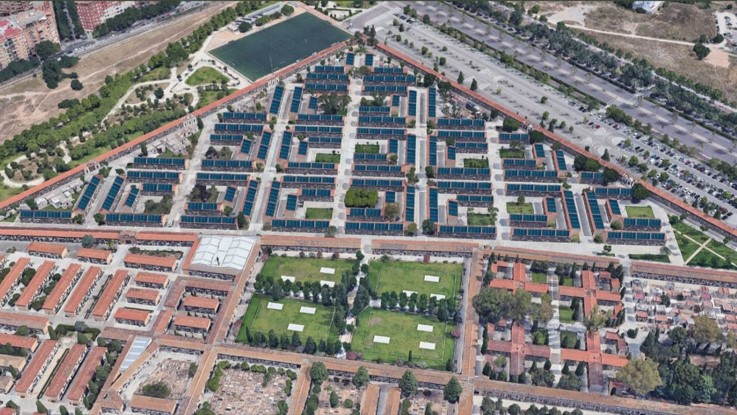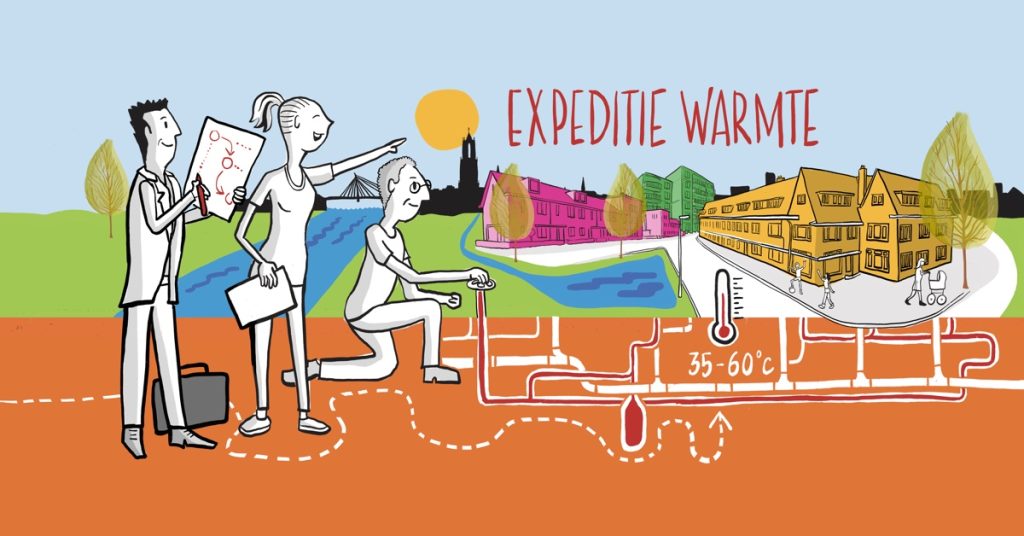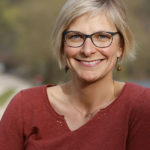Walking on sunshine 🎶
Local renewable energy stories harvested at Energy Cities’ Annual Forum
Using a cemetery to produce and share solar energy? For some it’s polemic, for some others a pragmatic way of tapping into all available resources. No matter the attitude, this innovative example from Valencia certainly ignited the strongest curiosity among participants of the session “From Cradle to Grave: Learning from Energy Community Challenges in Cities”. And what better place than sun-filled Valencia to talk about community-driven renewable projects! What better group of people, than the hundreds of city-makers that gathered in this dynamic Spanish city for Energy Cities’ Annual Forum End of June. Here are the top renewable energy and efficiency stories from the event.
Cultivating and harvesting community energy
This afternoon session was an exploration of community involvement in renewable energy and efficiency projects from three different perspectives. The interactive group work, centered around the city stories of Utrecht, Porec, and Valencia, allowed participants to delve into the unique challenges and solutions each city faces.
Valencia, Spain: Arturo Zea from the local energy agency Valencia Clima I Energia shared Valencia’s ambitious municipal self-consumption project RIP (Requiem in Power). It utilizes solar installations on five municipal cemeteries. A key aspect of this project is that 25% of the generated energy is reserved for vulnerable households. Participants of the session brainstormed ways to identify, approach, and attract these households to participate in the renewable energy scheme, ensuring inclusivity and support for those in need. This innovative social energy scheme, developed in the framework of the POWER UP project, goes hand in hand with the city’s dedicated support to emerging energy communities through its one-stop-shops.

Porec, Croatia: Goran Cacic from the Croatian energy cooperative ZEZ, partner in LIFE LOOP, discussed Porec’s innovative approach to involving citizens in public building renovation projects. They developed the Community Voucher Model, where community members purchase vouchers from the city, and the funds are used to co-finance renewable energy sources (RES) and energy efficiency (EE) projects. Citizens can then exchange these vouchers for services provided by public institutions (school services, childcare etc). This creative solution aimed to make the involvement rewarding and effective. Porec takes part in SCCALE 20-30-50, an EU-funded project supporting the development of community-driven energy initiatives and made useful tools available.

Utrecht, Netherlands Anne-Marie Zwaninck from the municipality of Utrecht presented the challenge of defining and building legitimacy for local energy heating cooperatives in municipal projects. Utrecht aims to co-design its heat transition with the local community. They want to ensure all citizens feel represented and included in the process called “Expeditie Warmte” (Heat expedition). Participants discussed strategies to increase citizen participation and secure a legitimate space for public-private-civil collaboration in the energy transition.

Please, EU, do the right thing!
On the next day, several key figures addressed the importance of energy communities:
Mohamed Ridouani, Mayor of Leuven and President of Energy Cities set the tone by reminding: “It is important for us that the next EU Commission is not going tabula rasa – we need stability in regulation and policies.”
Similar worries were expressed by Filipe Araujo, Mayor of Porto in Portugal and Vice-President of Energy Cities: “Energy Communities can have an important role in fostering the energy transition. But in many countries we have a lot of difficulties in setting them up, the process is very burdensome. We need to make an effort at EU level if we want to scale up energy communities.”
The pledges were shared with EU Commission representative Alejandro Ulzurrun de Ansanza y Munoz, Head of Unit at DG ENER. Mr Ulzurrun emphasised the role of energy communities in the just transition and stated: ““Allowing citizens to produce, store and distribute energy means they should have ownership. The good news is: the European Commission is working on an action plan around that topic, notably around the monitoring of the implementation of legislation. It is one of the priorities of the next years!”

Back to basics: citizen engagement needs a push
Many cities still need a better plan for citizen engagement. The topic was high on the agenda in four challenges that were tackled in team work at the “Let’s make it work” co-development session.
Many cities wonder how to increase citizens’ skills on energy issues and how to engage them in a process of greater understanding of energy topics. Awareness around energy democracy and prosumership is still too low in many places across Europe. One-stop-shops like the ones set up in three different neighbourhoods in Valencia are one way to inform citizens and to increase their trust in new ways of producing and consuming. And still, the team from the Valencia’s Energy Offices is looking for ways to improve their “business model” to engage citizens in energy transition. Assen in The Netherlands goes even one step further: they extend the community dimension to heat and want to “actively involve and convince residents to join a collective heat network”.
No doubt, the community energy movement is at full speed, but it requires matching national and local ambitions, as was commented by a representative of the Portuguese energy agency ENA.

